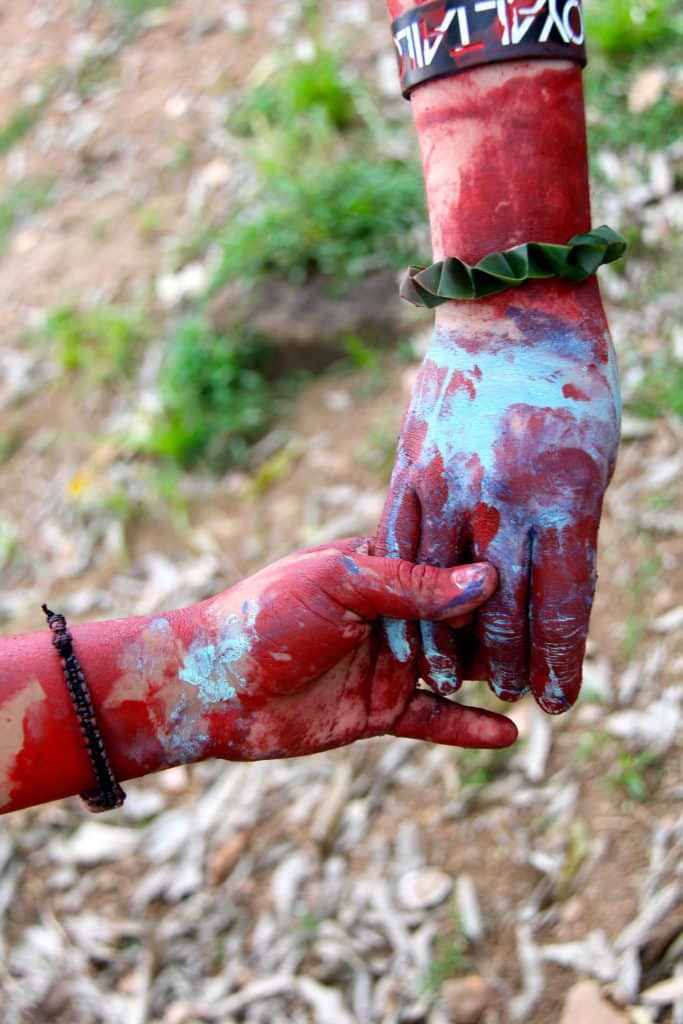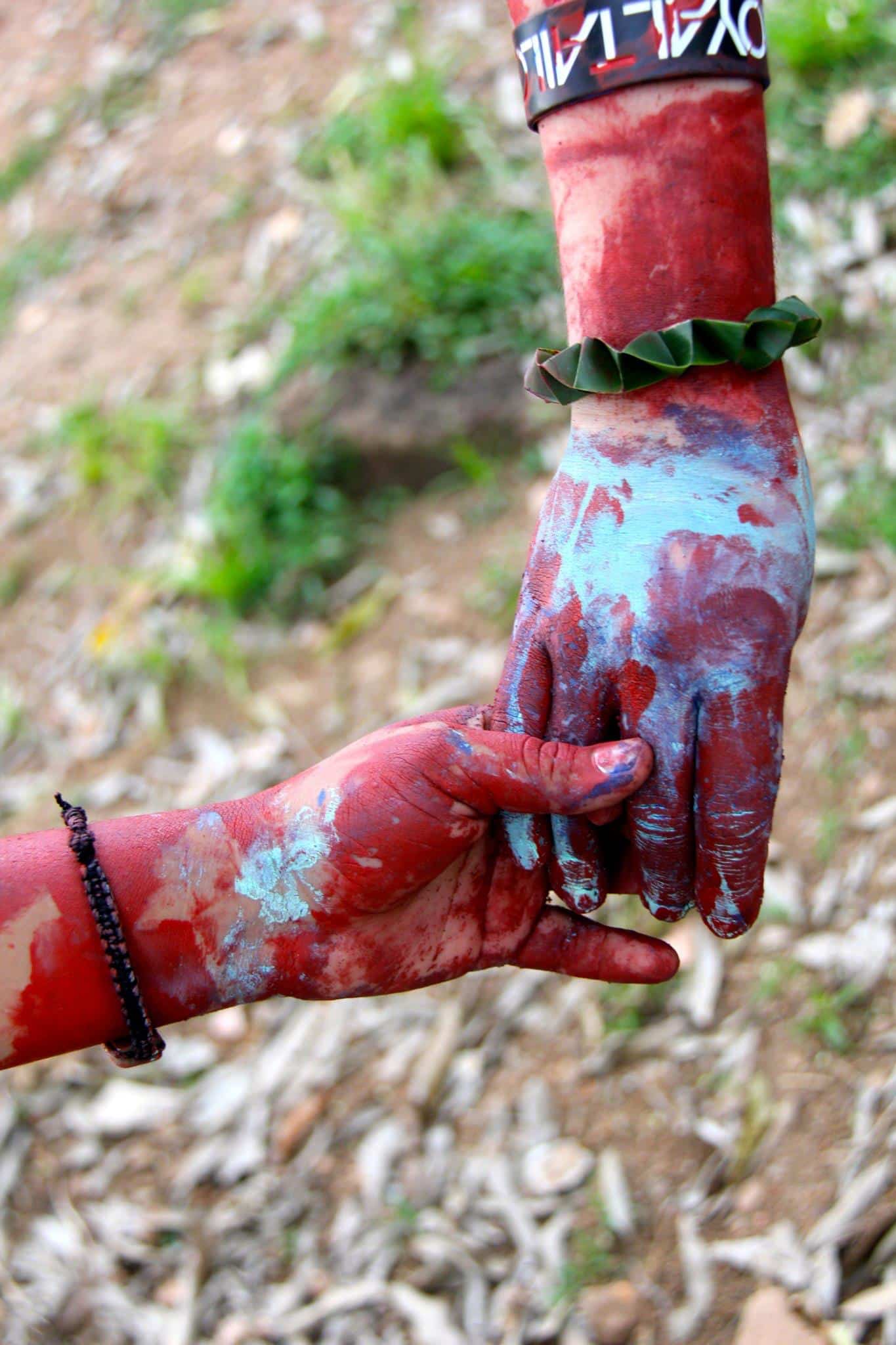
Christian culture is not designed to keep you safe
Abbi Webb, Assistant Editor
Christians say it all the time: “If God’s calling you somewhere, then go.”
But what happens when God calls you to serve a nation at the center of history’s worst epidemic of a deadly virus that has killed over 4,000 people? Do you go?
Dr. Richard Sacra is a 51-year-old doctor from Massachusetts who has worked many years as a medical missionary for SIM. According to an article in the Boston Globe, Sacra was called to West Africa, Liberia when a colleague, Dr. Kent Brantly, had been diagnosed with Ebola while treating patients at a medical clinic there. Other care workers at the hospital had died too and Sacra was going to help in any way he could.
As stated in the Boston Globe, while Sacra was there, the worst happened. He, along with Brantly, and two other care workers had to be evacuated from Liberia because they had been infected with Ebola. Sacra and the rest of the team were flown back to America to receive treatment.
Sacra left the Nebraska Medical Center feeling happy and showing no signs of the fatal virus, according to the Boston Globe.
There was a high concern among Americans who had developed a terror for the virus when Sacra and his colleagues were brought back onto U.S. soil, but there has also been a recent rise of controversy among Christians who are asking if it’s worth the risk for missionaries to serve in increasingly desperate populations.”
Despite criticism, Sacra told the Boston Globe his job is essential, just like those of a fire-fighter or policeman.
“We head the wrong way into, instead of away from, dangerous situations,” said Sacra. “There’s a sense of obligation, a sense of desire to serve a group of people that they feel connected to. I think we all do have that human instinct that says: ‘I can’t leave somebody who’s in need. I have to help,'” he added.
Controversy rose even higher when Sacra voiced his consideration for going back to disease stricken Liberia.
“I think the odds of my ending up back there are pretty good. … That’s where my heart is,” said Sacra.
As Christians, we may be missing out on some of God’s goodness when we disobey callings that put our lives at risk.
So what are we suppose to do as Christians? Do we obey God’s calling on our lives even if it means giving up our own? Or do we stay where we are because there is no way a good God would ask us to do something so dangerous?
Allen McWhite, Director for Global Missions at North Greenville University, said for a Christian to ask, “‘Why would someone risk his or her life like this?’ demonstrates a basic failure to understand what following Christ is all about. After all, Jesus did say, ‘For whoever wants to save his (or her) life will lose it, but whoever loses his (or her) life for me and for the gospel will save it'” (Mark 8:35).
“The call of Christ on each of our lives is a call to deny ourselves, take up a cross (die to self) daily, and follow Him (Luke 9:23),” said McWhite. “That is supposed to be the norm for the Christian life. Unfortunately, in our comfortable, risk-avoiding American culture, obedience to that call is too often the exception,” he added.
If Christians were to question whether or not Sacra’s decision is wise or unwise, McWhite would suggest that the better question to ask would be whether or not it is obedient or disobedient to the call of Christ.
As Christians, we may be missing out on some of God’s goodness because we don’t obey certain callings that put our lives at risk.
God is good to all of His children, but I believe that He reveals more of Himself, His goodness, and His blessings to those who are put in situations where they have to rely on him fully. For missionaries like Sacra and Brantly, answering the clear call to put their lives on the line means that even when their health is declining, their faith in God is growing stronger.
When we are in situations where suffering and pain is eminent, we are forced to rely on God’s faithfulness daily. The closer we get to death in our day-to-day life, the closer we get to Creator God.
Sacra and the rest of the SIM crew have been called both heroic and idiotic for their willingness to serve in West Africa, and Sacra for his consideration in going back.
But is this not the same thing that Christ did for us? He came to Earth, a place of suffering, pain and dying to serve and offer salvation to an increasingly desperate people, us. All the while, Christ knew he would die the most painful death in history, death on a cross, and yet he still came.
If we are to live Christlike lives we cannot simply ignore the parts of Christ’s life where he hung around lepers and the sick people. These parts of Christ’s life are some of the most significant moments in history where Father God showcases his healing, love, and glory. If we disobey the call to interact with fatally ill people, then we may be preventing opportunities for God to show his power in supernatural ways to lost people groups.

